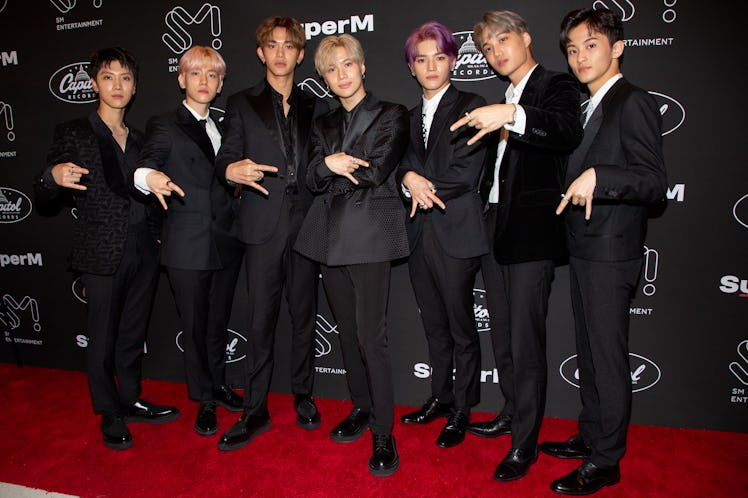
Billboard Is Changing Their Chart Rules, So Getting A No. 1 Could Get Harder
Here's a game-changer for you, music lovers. It's common knowledge a spot atop the Billboard 200 is the ultimate success marker for many artists, but, newsflash: Billboard is changing up its rules. That coveted No. 1 chart spot might be a little harder for your favorite artists to obtain after their latest policy is put into effect. The top dogs of the music world might want to pay attention to Billboard's new bundling rules.
So, what is bundling, and why is Billboard cracking down on it?
Bundling is essentially the practice of pairing hot-ticket items (like merch or concert tickets) with free digital versions of albums to boost sales. There's been endless debate surrounding the fairness of how bundles play into Billboard Chart performance, seeing as bundles can greatly boost an artist's album sales, but doesn't always reflect the performance of the music itself in the age of streaming.
Artists who use this practice are getting smart, but there's been a number of very public feuds and controversies over bundling.
When Nicki Minaj dropped Queen in 2018, she was confident it was a No. 1 album. But Travis Scott pulled ahead of her to claim the top spot, and Minaj placed blame on bundling. In a heated Twitter storm, Minaj slammed Scott for bundling Astroworld merch and tour tickets with a digital album.
More recently, DJ Khaled came in at No. 2 with his album Father of Asahd in May 2019, after his merch bundle of choice (energy drinks) was disqualified, a choice that seemed arbitrary, considering the No. 1 album that cycle (Tyler the Creator's) got a sales boost from bundles including everything from buttons to lawn signs.
Meanwhile, K-Pop supergroup SuperM's debut No. 1 album was shrouded in controversy when it knocked R&B up-and-comer Summer Walker out of the No. 1 spot. Despite notching the biggest streaming week ever for an R&B album by a woman and most predictions placing Walker at No. 1, SuperM came out on top in the final hour thanks to a sizable sales boost from 60 different merchandise/album bundles.
The practice of bundling is not rare in 2019, and most No. 1 Billboard albums in 2019 use bundling as a sales strategy, from Ariana Grande and the Jonas Brothers, to Taylor Swift. That's why acts who don't depend on bundling to move records are often applauded. For example, K-Pop group BTS has debuted at the No. 1 without any bundles.
Now, Billboard is cracking down on bundling. Under new rules going into effect on Jan. 3, 2020, for an album sale to count as part of a bundle, all the items in a bundle must also be available for purchase concurrently and individually. Additionally, the merchandise item sold on its own must be cheaper than the bundled version. In addition, the minimum price for an album sale is now set at $3.49.
So, what does this mean exactly? Well, in the past, artists could tack a digital album sale onto every piece of merch without making that merch available individually, which, in practice, forced fans to purchase a digital album with any merch they desired. Now, companies have to make merch available without digital albums (and make merch bundled with an album more expensive than it is without it).
While it's a small change that doesn't necessarily level the playing field (megastars will still have a HUGE advantage on the charts compared to lesser-known artists who depend on streaming), it's a good start.